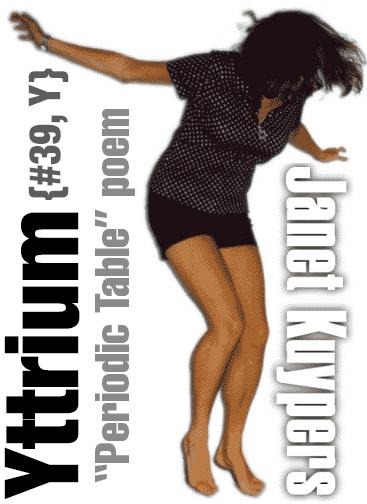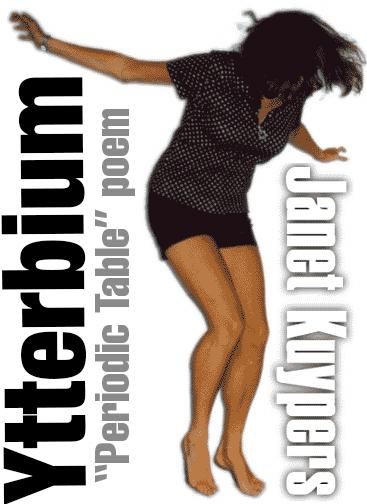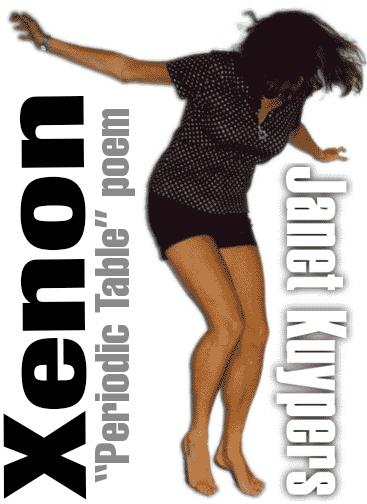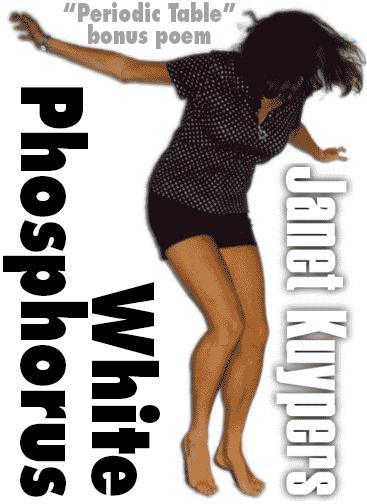Berkelium
Janet Kuypers

from the “Periodic Table of Poetry” series (#79, Bk)
(started 8/15/14, finished 8/22/14)
The streets of town were paved with stars,
it was such a romantic affair
and when we kissed and said good night
a nightingale sang in Berkeley Square.
A nightingale sang in Berkeley square.
Berkeley. B, E, R, K, E, L, E, Y.
You see, on the other side of the pond
the Brits have a different way of saying things,
including the name of the Anglo Irish
philosopher George Berkley.
That’s B, E, R, K, L, E, Y, like
you’re barking up the wrong tree,
but when a city and University in California
was named after this philosopher,
well, the pronunciation changed
after it crossed the ocean.
And because of scientific work done
at the University of Berkley,
they decided to name element seventy nine
after the University (it’s actually
only one of two elements in the Periodic Table
named after a university).
So, I don’t really know
how you’re supposed to pronounce it,
should I say berk-lee-um like the States,
or the British ber-keel-ee-yum,
because I’ve been trying to learn
a thing or two about Berkelium.
And the thing is, it’s never found
in it’s pure form,
because this transuranic radioactive
and artificially produced element
is a soft, silvery-white, actinide metal
that sometimes has long half lives
through it’s isotopes
(that range from microseconds to several days,
to three hundred thirty days, to nine years
to one thousand three hundred eighty years).
So maybe I’m only meant
to learn about parts of it
by these fleeting dances
scientists have with Berkelium…




